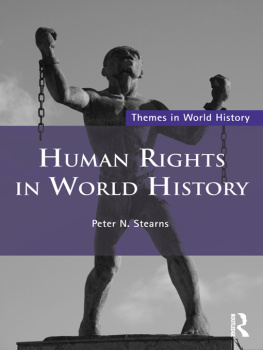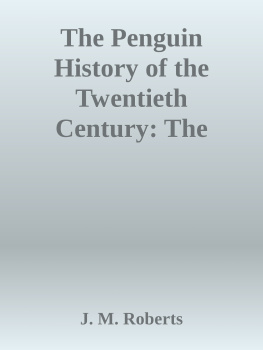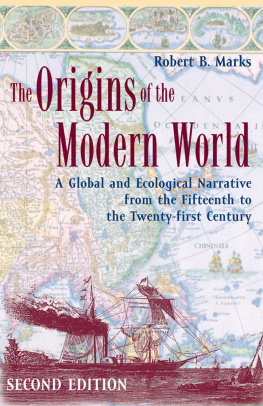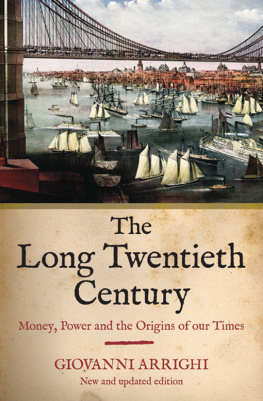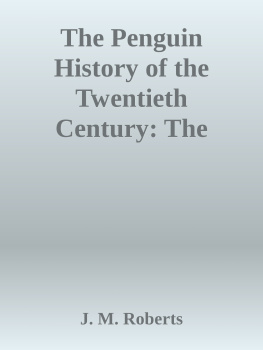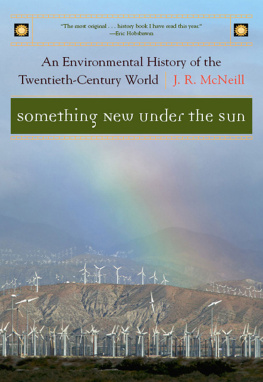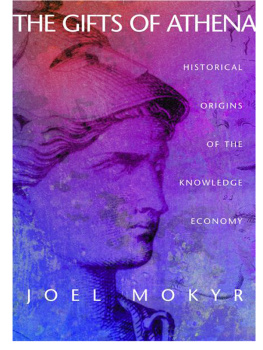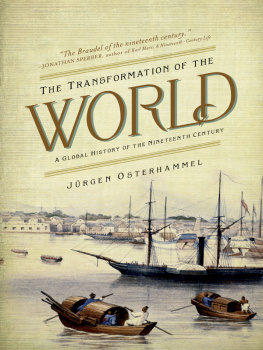Introduction
This book lays out a framework for understanding world history in the past century and a half. What were the factors, the largest-scale trends and patterns, that determined the fates of nations, economies, cultures, and individuals across the whole globe? This book seeks to understand the particular histories of regions, nations, states, and individual lives as playing out within this global framework. As the subtitle suggests, the book is an interpretive essay on world history between the middle of the nineteenth century and the present. It creates a coherent model of the causes and effects of decisive long-term transformations on a global scale. It identifies the fundamental forces and developments that have shaped world historyparticularly relationships between and among societies across the whole planetsince the mid-nineteenth century. And it describes how the dynamics of the interactions between those forces and developments have driven world-scale events. The question it seeks to answer, then, is: Within the framework of a coherent set of broad and interrelated determining forces and developments, how and why did major world events unfold through the twentieth century?
The framework of global history laid out in this book is fairly simple in its basic outlines. It is also quite dramatic. In the past century and a half, human societies have passed through a massive transformation, unique in the history of the last five or six millennia. That transformation has been almost unbelievably rapid and has affected virtually the entire world. There have of course been distinctive developments and trends in the various parts of the worldregions (such as Europe, Latin America, and South Asia) and countries have experienced particular, often very different histories. And obviously there have been distinctive histories at the local level as well. But those particular histories have played out within a broader radical transformation of the system of interactions among human societies, and between human societies and their natural environment, on the planet as a whole. And they have been profoundly affected by that context of interactions. Human history in the long twentieth century has been the history of the unprecedented transformation of the natural world by human activity; and it has also been, as never before, a shared and interwoven history.
In some cases societies have been entangled with one another by political powerby conquest, occupation, hegemony. In other cases, economic exchange has woven them together, through the rapid growth of trade and the ways in which the economies of different parts of the world have reacted to the challenges and opportunities trade has posed. In other cases still, they have been interwoven by the exchange of ideasMarxism, for example, or nonviolence. In most cases, they have been woven together by all these factors, at least to varying degrees.
Human societies have passed through a radical transformation for the past 150 years because they have been so interwoven. The two processes drive each othertransformation drives interconnection, and interconnection drives transformationand for that reason, this process has also been intensifying and accelerating for 150 years.
What is more, the relationship between humans and their natural environment has become global, in the sense that particular environments have been transformed in the past century not only by the development of local human communities but by that of communities far awayoften on the other side of the globe. The human impact on the natural environment has become ubiquitous, and very rapidly so. To give just one measure, a hundred years ago the world was still relatively full of dangerous beastslions, tigers, bears, wolves, elephants. Almost all those populations have been virtually eradicated since 1900, almost everywhere in the world, often in part by people who have traveled halfway round the world to kill them. Another example: over the course of the long twentieth century, it has become increasingly clear that human action in any one region can have a profound and extremely dangerous impact on the chemistry of the entire planets atmosphere. In the past quarter century, such ramifications have precipitated two potential crises for the whole planetary biosphere: ozone depletion and global warming.
The transformation that has yielded such outcomes in the human and natural worlds has been so large, so comprehensive, and has affected so many different aspects of human history, that it is hard to give it a more specific name than the modern age or modernity. It has affected human biologypopulation, fertility, mortality, life expectancy, health. It has affected the natural environmentbiodiversity, biomes, species distribution. It has revolutionized the world economy. It has altered human culture. This book offers a way to untangle these processes, to lay out the connections between and among them.
The perspective presented here is that starting in the middle decades of the nineteenth century, technological changes have continuously and increasingly transformed the relationship between the human species, on the one hand, and the environment and resources of our planet, on the other. All of world history in this period has fundamentally been driven by this development. That is not to say that other factors have had no effect. Ideas; political structures; calculations of national prestige or of strategic military positioning; legal, religious, and cultural traditions and standards; wars and their sometimes unpredictable outcomes; economic booms and busts and the policy responses to them; and the decisions of individual historical actors have all shaped the specific ways in which this fundamental transformation has played out. The technological revolution of the past century and a half has not transformed the whole world in automatic, predictable, or uniform ways, but rather in ways determined by the specific characteristics of particular historical situations, in particular places and times. One way to think of that causal relationship is this: the mere fact of technological change does not tell us how particular people will decide to employ technologies in particular historical circumstances. Those decisions are the product of (among other things) specific situations, needs, organizational capacities, political structures, and beliefs. Nevertheless, these complex forces and factors have all operated within the broader framework of the underlying profound, unprecedented, and explosive transformation of the relationship between humanity and its planet in the modern era, and between human societies living in different parts of the planet, brought about by a unique period of innovation and advance in science and technology.


